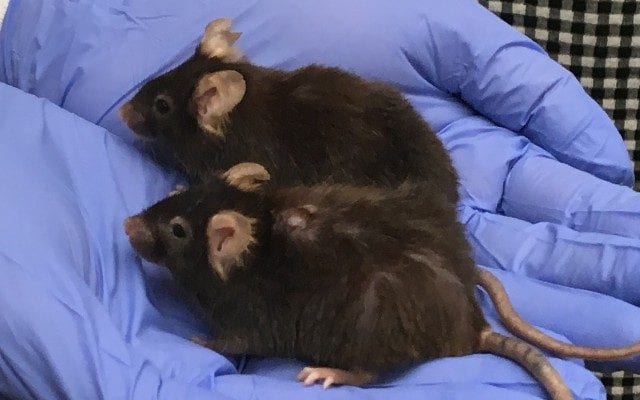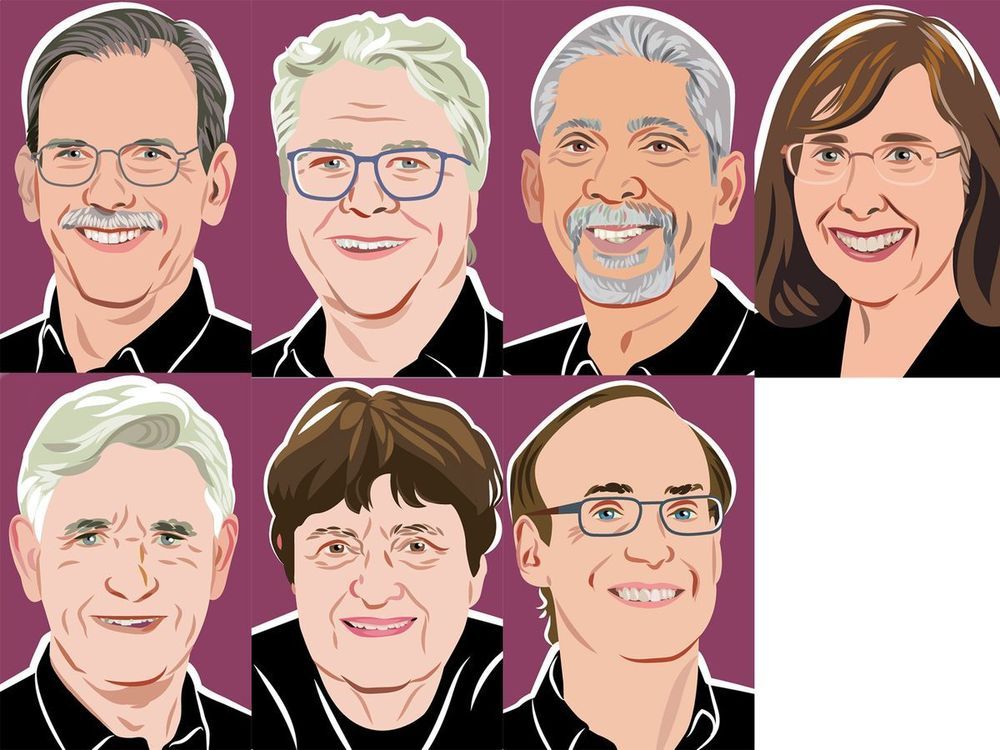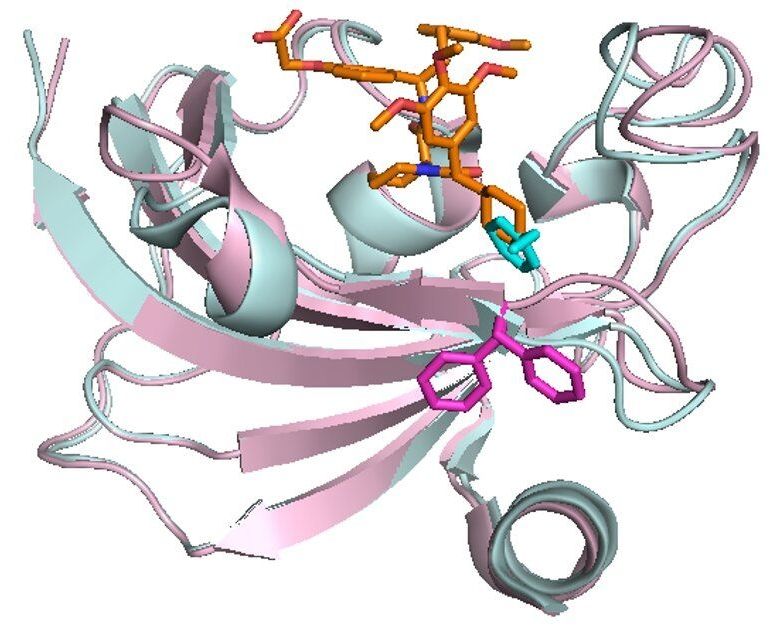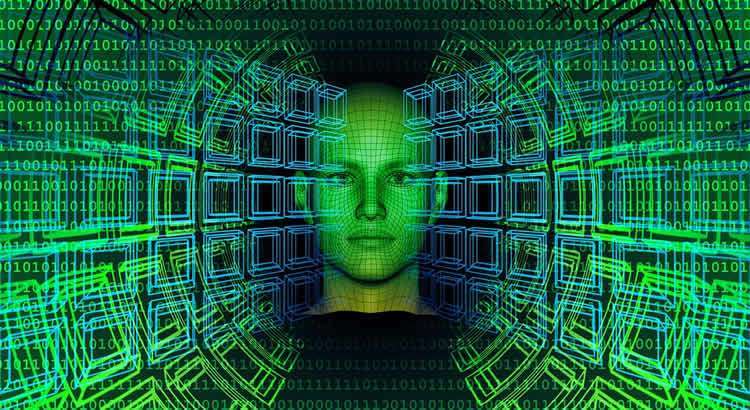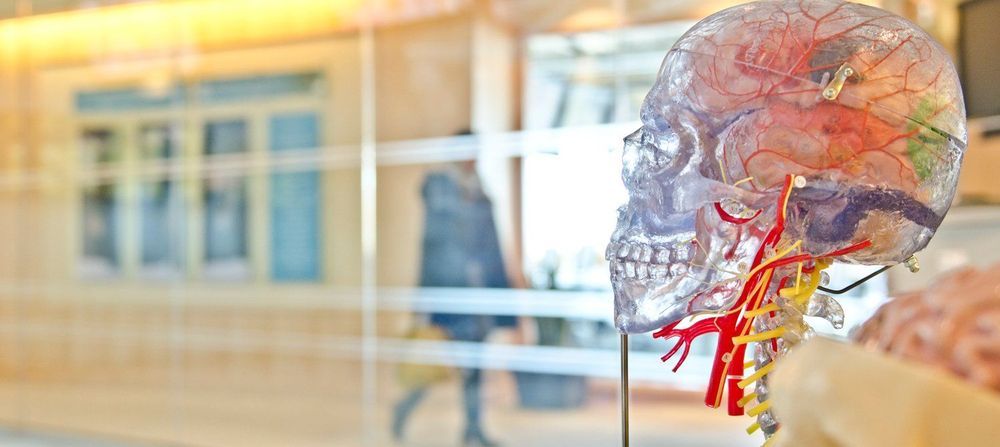Apr 2, 2019
Wonder drugs that target ‘zombie cells’ could reverse the ageing process and prevent diseases
Posted by Genevieve Klien in categories: biotech/medical, life extension, neuroscience
With its pudgy body, tired eyes and hair loss, the lower mouse could easily be the father of the sprightly and alert animal nestling alongside.
But they are actually the same age, the result of extraordinary trials of drugs which are slowing down or even reversing the ageing process.
Scientists now believe that ageing itself is responsible for many major conditions such as Alzheimer’s, Parkinson’s, arthritis, cancer, heart disease, and diabetes. And they think they have found a way to turn it off.
